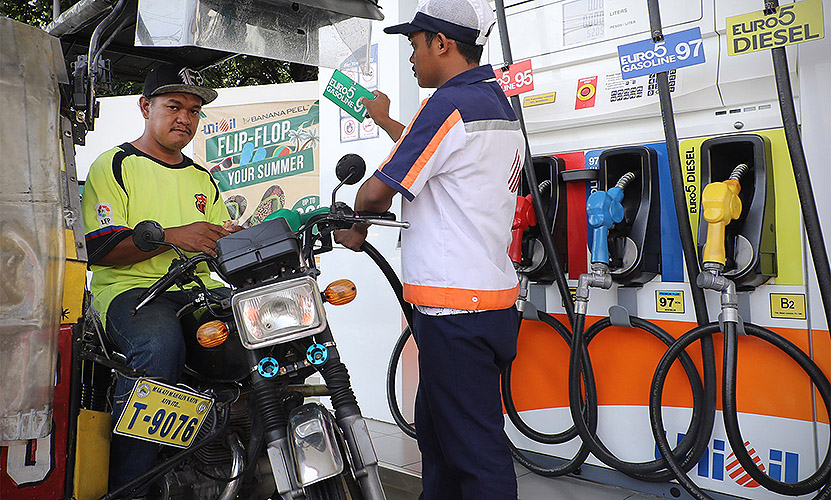In the absence of the imposition of a price ceiling on basic necessities amid rising prices of fuel products, Senator Win Gatchalian called for increased vigilance against unscrupulous traders engaged in unwarranted acts that can affect the prices of prime and basic commodities.

“Maging mapagmatyag tayo sa anumang pagtatangka ng ilang mapagsamantalang negosyante sa kasalukuyang sitwasyon. May ilan na nagtataas ng presyo ng mga bilihin kahit na walang sapat pang dahilan para gawin ito o kaya naman ay itinatago ang kanilang mga produkto para ibenta kapag mataas na ang presyo,” Gatchalian said.
The re-electionist senator called on the consumers’ sectors, agricultural producers’ sector, trading sector, and manufacturers’ sector to work closely with the Department of Trade and Industry (DTI) and the Department of Agriculture (DA) in monitoring any illegal acts of price manipulation, hoarding, profiteering, and cartel activities.
Gatchalian, Vice Chairperson of the Senate Committee on Economic Affairs, said Section 15 of the Price Act or Republic Act No. 7581, provides for the penalty of imprisonment of not less than five years to 15 years and fine of P5,000 to P2,000,000 against those found guilty of price manipulation of any basic necessity or prime commodity.
Under the said law, price freeze is automatically imposed on prices of basic necessities in an area proclaimed or declared under a state of calamity or state of emergency. A price ceiling may be imposed on any basic necessity or prime commodity considering the impendency, existence or effects of a calamity, if there is prevalence or widespread acts of illegal price manipulation, and if the prevailing price of any basic necessity or prime commodity has risen to unreasonable levels.
Despite the series of fuel price hikes and continuing tension between Ukraine and Russia, the DTI said it will take three months before any movement in prices will happen since the inventory of products could last around 30 to 90 days.
Basic commodities include rice, corn, bread, fresh dried and canned fish, fresh pork, beef, poultry meat, fresh eggs, fresh and processed milk, fresh vegetables, sugar, cooking oil, salt, and laundry soap as well as drugs classified as essentials by the Department of Health (DOH).
“It is illegal to take advantage of the situation when everyone is practically struggling to recoup whatever losses in savings and income they have incurred in the past two years amid the COVID-19 pandemic,” Gatchalian said.


